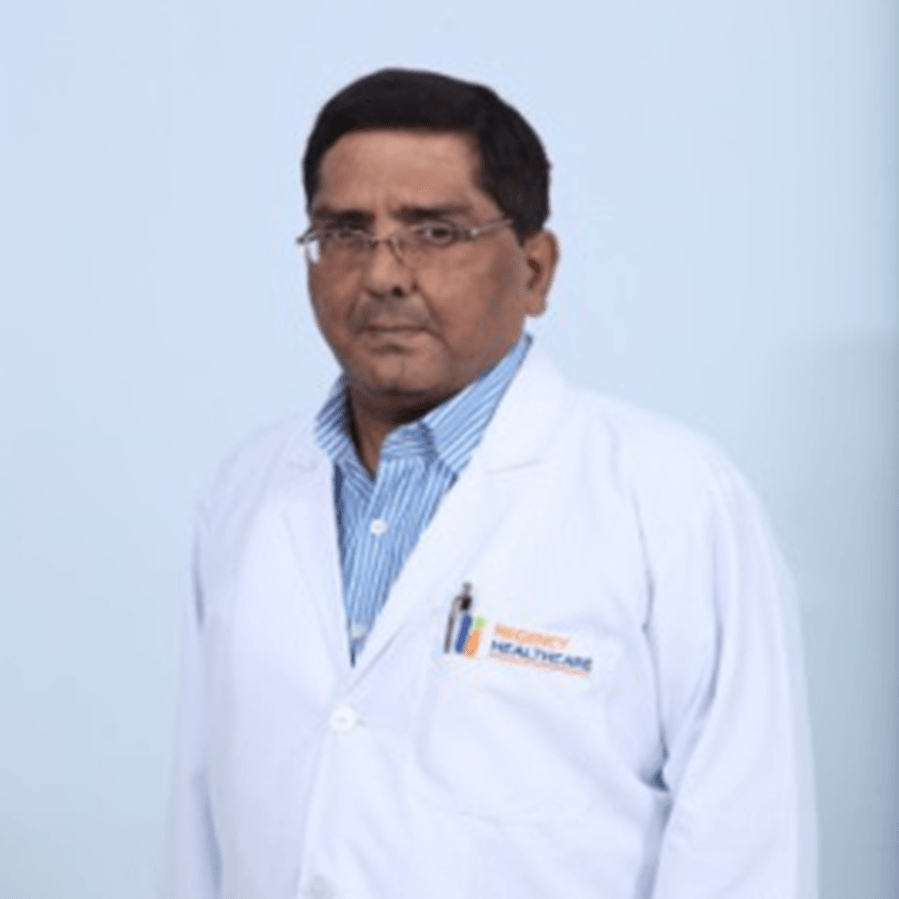Blood Bank
Our Top Ranked Team Of Experts
Dr. Avineesh Chandra
Numbers of Excellence
Committed Staff
Trusted Patients
Years of experience
Beds
Super Specialists
Patient Testimonials
Frequently Asked Questions

- Where is blood donated?
- How long does it take to give blood? How much blood will be taken?
- How do I know I can give blood?
- Why is giving blood good for you?
- Can I donate blood for any blood group?
- How many times a healthy person can donate blood in a year?
There are several blood donation camps as well blood donation banks in hospitals. Regency Hospital (Tower-1), Kanpur has blood bank facilities. If you wish to donate blood, kindly Visit the hospital
It takes about 45 minutes to one hour to donate blood. Donating platelets or double red cells can take longer. The blood donation procedure itself takes about 10 to 12 minutes.
However, it also takes time to fill out the donor registration form, have a donor history/mini-medical exam, and rest and enjoy refreshments following a donation at the blood bank.
About 350-450ml of blood is taken during blood donation.
To donate blood, you must:
- Be in good health.
- Not have had any symptoms of infection e.g. sore throat, cough, runny nose or diarrhoea for at least 1 week.
- Not have had a fever in the last 4 weeks.
- Not have taken medication, herbal supplements or traditional herbal remedies for at least 3 days. If you have taken antibiotics, wait at least 1 week.
All of these questions will be asked to you at the blood bank camps. They will let you know if you are eligible or not.
A single donation can potentially save lives. But donating blood can be beneficial to you as well:
- Blood flow becomes better.
- You get a mini health check-up.
- Helps you live longer and healthier.
- The body’s iron levels stay balanced.
Find the nearest blood storage bank and donate blood.
The universal blood type is O negative (O-). Only donors with type O- blood have the unique power to help anyone in need of a blood transfusion.
You can safely donate your whole blood every 8 weeks. Most adults have between 4.5 to 5.5 liters of blood and can easily spare half a liters. Volume is replaced within 24 hours and red cells are replaced within 4 to 8 weeks after donating.
Book Your Visit

 Call-an-Ambulance
Call-an-Ambulance




